In a 14 minute program from France24’s The Interview, Professor Harari talks about coronavirus and other crises confronting humankind, including the need for multilateral action on climate change and re-establishing trust in science.
Read more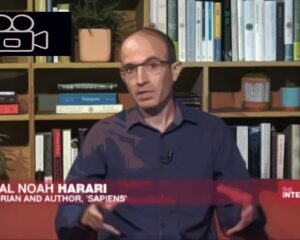

In a 14 minute program from France24’s The Interview, Professor Harari talks about coronavirus and other crises confronting humankind, including the need for multilateral action on climate change and re-establishing trust in science.
Read more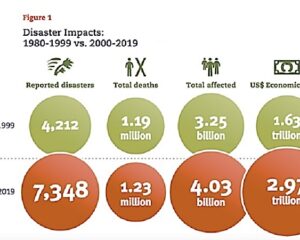
A new UNDRR report shows that natural disasters caused by climate-related events have doubled in the past twenty years, affecting billions of people and costing trillions of dollars. The report highlights the need for governments to plan to spend more to deal with the impact and consequences of natural disasters.
Read more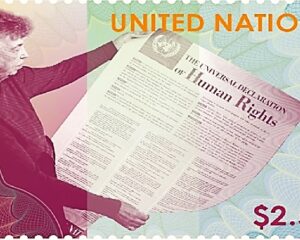
The UDHR is being challenged by the rise of competing understandings of human rights, and very different interpretations of the relationship between the state and the governed. The US response has been an attempt to redefine ‘unalienable rights’ in a dangerous formulation that is aimed at restating the primacy of the US world view, and adding to the US’s reasons to confront, and perhaps fight, China and Russia.
Read more
Based on the results of its 2020 Survey of American Public Opinion and US Foreign Policy, this Report from the Chicago Council on Global Affairs provides insight into the potential differences in US foreign policy settings depending on the outcome of the presidential election. The Report finds that there are profound differences between Democrats and Republicans on which foreign policy issues matter most today. And that they are even more sharply divided on how the United States should deal with these issues and engage the rest of the world.
Read more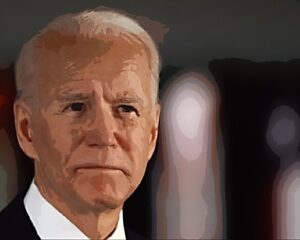
A victory for the incumbent will represent crossing a “tipping point”, beyond which “alliances may come to an end, the global economy could close, and democracy could go into rapid retreat”, Thomas Wright writes in a comprehensive analysis of the likely future foreign policy direction under either a Joe Biden or Donald Trump presidency. This is an important and informative analysis by a well-credentialled and intelligent observer of the contending camps struggling over foreign policy in the US.
Read more
President Trump has pursued a different vision of the US’s role in the world – one which has had an undeniable impact on relations with allies and competitors alike, and has reshaped perceptions of the US as a global actor. A robust debate over its future global role has ensued. US allies like Australia should be paying close attention, because whether or not Trump wins re-election, the US will not be able to resume some quasi-mythical past role, and the world will need to adjust to a new normal.
Read more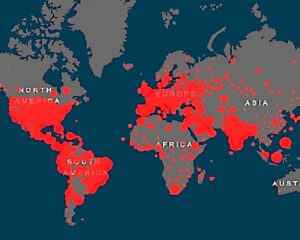
The coronavirus pandemic has thrown a harsh spotlight on the state of global governance. Faced with the greatest emergency since the Second World War, nations have regressed into narrow self-interest. The concept of a rules-based international order has been stripped of meaning, while liberalism faces its greatest crisis in decades. In this Lowy Institute publication, the French Institute for International Relations (IFRI)’s Bobo Lo argues that it’s time to rethink global governance and its priorities.
Read more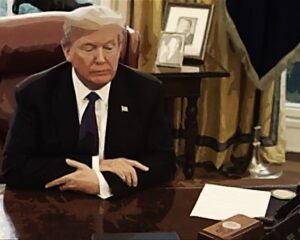
Volker Perthes contemplates what might be the legacy of Donald Trump if he were to lose the November election. Should Joe Biden win the election, Perthes suggests, he will not be able to turn the wheel of history back to the Obama era. Instead, he would have to deal with – and have his presidency shaped by – a lingering Trump legacy.
Read more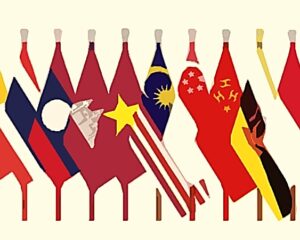
As a contiguous big country, China is always going to enjoy significant influence in Southeast Asia. But for precisely the same reasons, China is also always going to evoke anxieties. Countries on China’s periphery will therefore not allow themselves to be hemmed into an exclusive relationship no matter how dependent they are on China. Having lived in the midst of great power competition for centuries, the strategic instinct of Southeast Asia is not to align with any major power across all domains.
Read more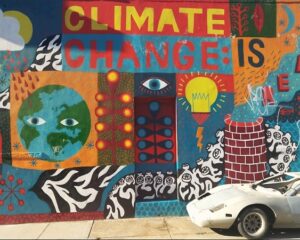
The urgent need to reduce carbon emissions can be usefully compared to filling a bathtub without a drain. Until the emissions tap is turned off completely, the bath keeps filling. And even when the tap is turned off, the bath is still filled to an undesirably high level. If the tap is never turned off, or turned off too late, in time the bath overflows disastrously. The Australian government’s extraordinary new fossil-fuel centred energy plan ensures the emissions tap will continue to flow.
Read more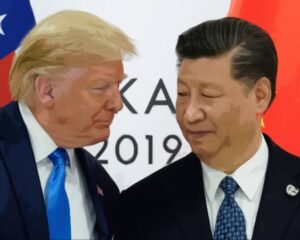
The Trump administration’s China policies are explored clearly and succinctly in this working paper by the Brookings Institution’s Ryan Hass. While Hass describes the approach to China over the past four years as a Trump Administration (failed) experiment, he leaves no doubt that the nature and trajectory of US-China relations has now been reset, irrespective of who is the next president.
Read more
Discussion around defence policy and spending tends to focus on the quantum, efficiency, and economic impacts and not on the implied end use: war. The Future of Warfare in 2030 looks at what war might mean in the near to medium term for the United States. Defence policy is put clearly in the context of war, and the issues surrounding conflict are explored. The study provides valuable inputs into US allies’ considerations of the consequences of following America into major power conflicts.
Read more
Elbridge Colby and Robert D. Kaplan’s recent article in Foreign Affairs is an important addition to the framing of the contest between China and the United States. They point to the very real risks of seeing the relationship as an ideological struggle. But their analysis leaves key questions unanswered, and ultimately misses the need for the United States to accommodate a China that will be its equal militarily and economically.
Read more
The UNHCR’s Global Trends report brings together important information about the scale and changing nature of forced displacement. The Report describes a reality that solutions for refugees are in decline, at the same time that “we are witnessing a changed reality in that forced displacement nowadays is not only vastly more widespread but is simply no longer a short-term and temporary phenomenon”.
Read more
The ‘1776 Commission’ is the denouement of all the bizarre notions that have populated Trump’s seemingly random and disjointed dialogue throughout the four years of his presidency. His speech announcing it was a not very well-disguised panegyric for an agenda that isn’t just a denial of history, but could see America remain deeply and passionately divided well beyond Trump’s presidency.
Read more
An inconvenient truth often ignored or denied is that Chinese economic activities on the African continent are not worse than (and often not even as bad as) US or European activities in Africa. Clingendael Research Associate Sanne van der Lugt presents six persistent myths about China-Africa relations based on her own research experiences.
Read more
Governments around the world are planning to produce about 50% more fossil fuels by 2030 than would be consistent with the 2015 Paris Climate Agreement pathways. What can be done?
Read more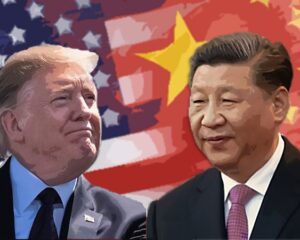
The U.S. has dominated the Pacific Ocean — sometimes called an “American lake” — since the end of World War II. Suddenly Americans have a competitor, although it is a rivalry that routinely gets overblown. China’s major thrust is economic, through its massive Belt and Road Initiative (BRI), not military.
Read more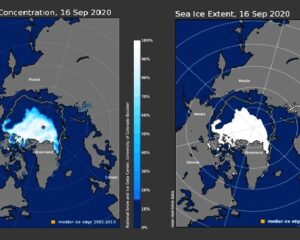
The Paris climate agreement seeks to limit global warming to 1.5℃ this century, a target likely to be exceeded by 2024. This first overshoot would be temporary – but it casts new doubt on whether Earth’s climate can be permanently stabilised at 1.5℃ warming. Modelling shows that if emission reductions are large and sustained, the Paris goals can still be met, and the most severe damage to the natural world, economy and people may be avoided. But worryingly, we also have time to make it far worse.
Read more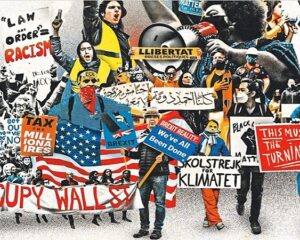
“The coronavirus pandemic won’t automatically lead to reforms. Great upheavals only bring systemic change when reformers have a plan—and the power to implement it”. In this essay, Sheri Berman analyses historical crises and suggests why they may produce or fail to produce transformational change. The essay has a US focus and deals with the potential for systemic change to follow the coronavirus pandemic crisis, but the analysis could also help in understanding why the global warming crisis is failing to produce transformative change on the scale that is needed.
Read more